What Harvey means for future storms across the nation; Op Ed By orrin H. Pilkey
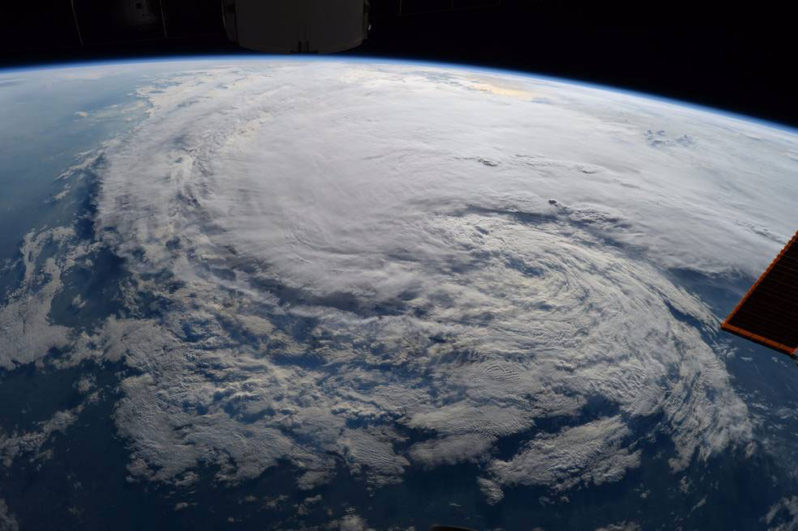
Forewarning about the path and future disastrous evolution of Hurricane Harvey proved to be quite accurate. Hurricane Harvey may be an example of the long-predicted intensification of storms resulting from the warming of the seas.
Worst monsoon in years kills more than 1,200 across South Asia, Video

As Storm Harvey threatens Louisiana and leaves heavy floods across parts of Texas, thousands of people affected by disasters in Asia and Africa…
Caspian Sea evaporating as temperatures rise
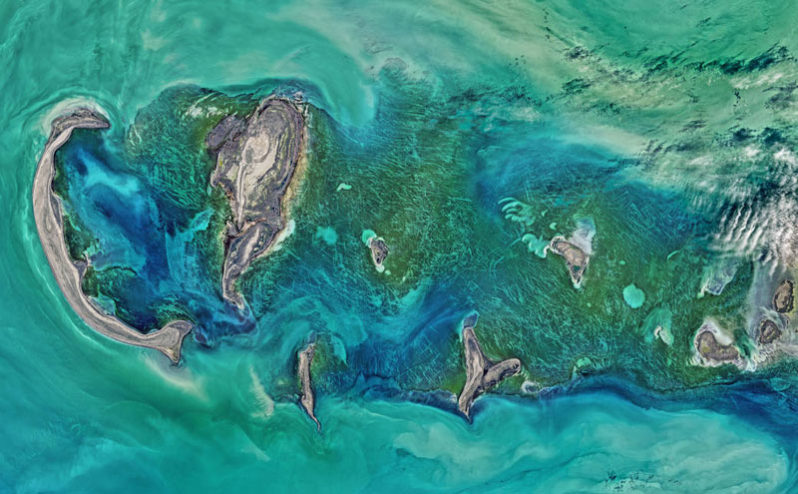
Earth’s largest inland body of water has been slowly evaporating for the past two decades due to rising temperatures associated with climate change, a new study finds.
It’s a fact: climate change made Hurricane Harvey more deadly
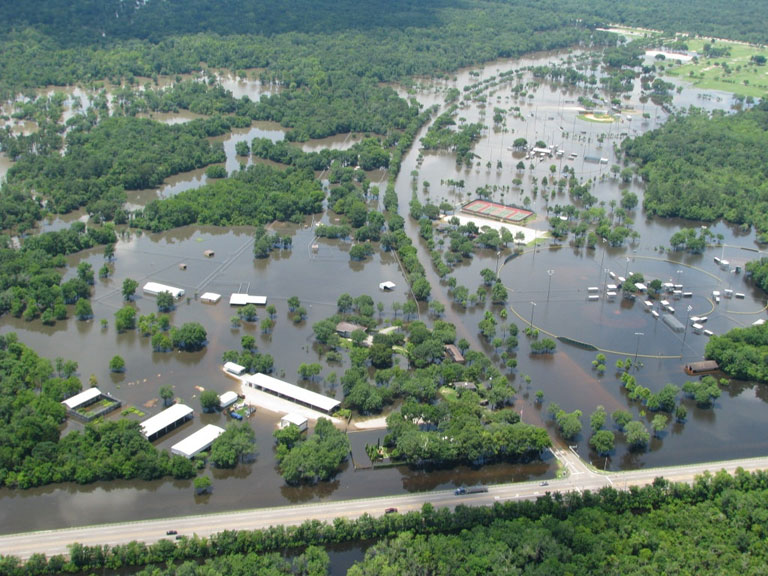
We can’t say that Hurricane Harvey was caused by climate change. But it was certainly worsened by it…
As Harvey’s waters rise, so do panic levels, rescuer says
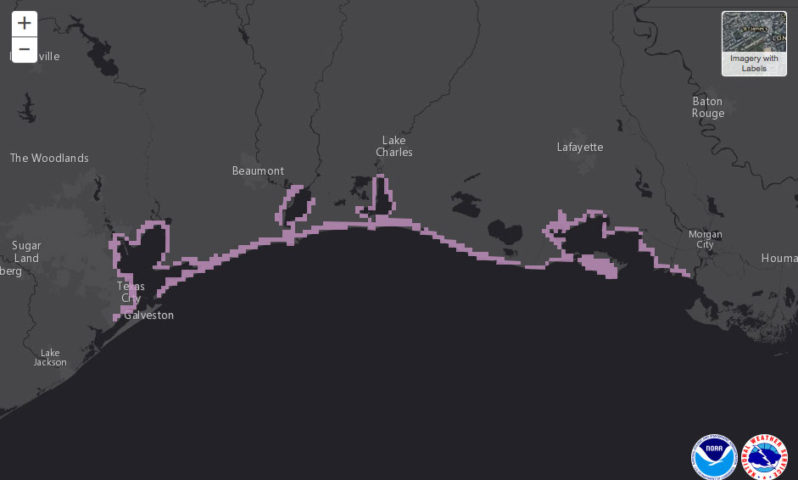
As Harvey continues dumping rain on East Texas and the waters there continue to rise, people are starting to panic, rushing rescue boats and even shooting at them if they don’t stop, said one volunteer rescuer.
Climate Refugees: Kiribati, Video

Scientists have said that the island nation, along with other low-lying Pacific nations, could be uninhabitable within decades. Sea level is rising 50 percent faster than it was 20 years ago and that is a real cause for alarm, so it is not a future thing we are really seeing that acceleration…
First tanker crosses northern sea route without ice breaker
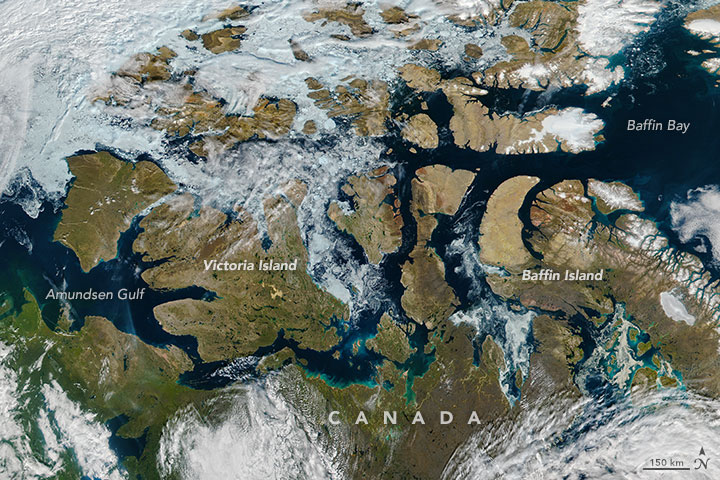
The Russian owners, Sovcomflot, will use this ice-breaking tanker to export gas from the Yamal peninsula to Asian markets later this year. It will be the first of a planned fleet of 15 that will transport gas from these ice bound fields all year round.
Warmer waters from climate change will leave fish shrinking, gasping for air

Fish are expected to shrink in size by 20 to 30 per cent if ocean temperatures continue to climb due to climate change.
Spectacular rebirth of Belize’s coral reefs threatened by tourism and development
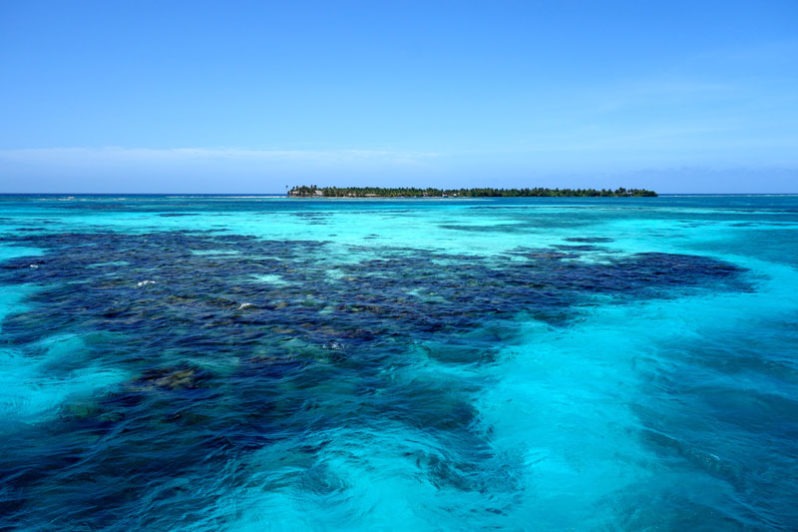
Report reveals improvement but also details danger posed by tourist-generated pollution, oil extraction and climate change.
